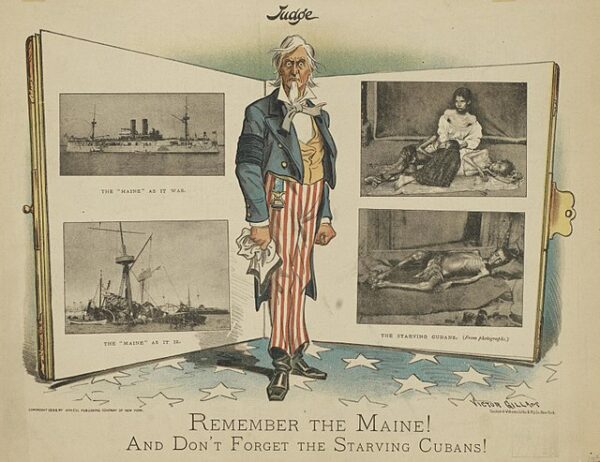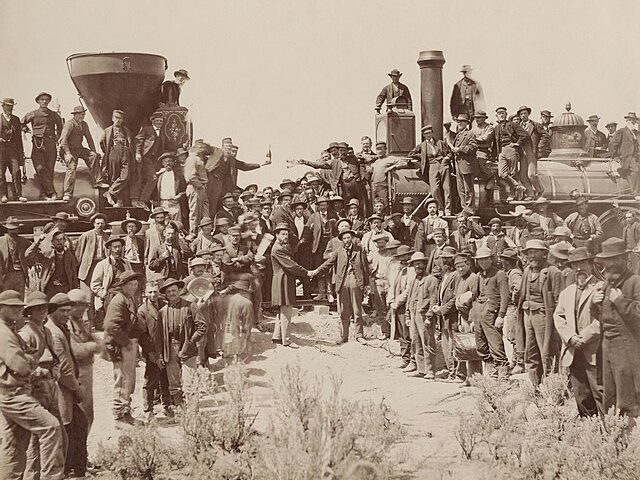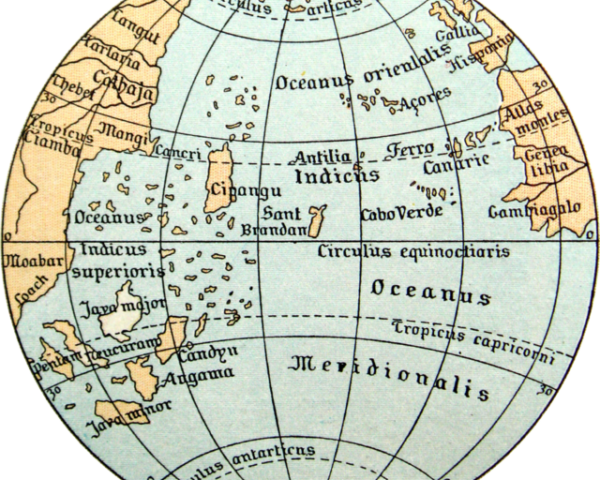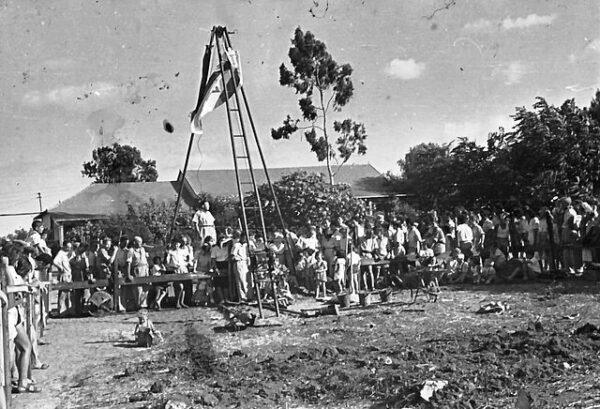On June 10, 1898, U.S. Marines landed at Guantánamo Bay, fighting a war against Spain and challenging their colonial rule in the Caribbean. The Battle of Guantanamo Bay, on the southeastern coast of Cuba, served as a significant start to the Spanish-American War. The battle lasted for about two days and resulted in a decisive victory for the United States.
Led by Admiral William T. Sampson, the Americans launched a surprise attack on the Spanish fleet stationed in the bay. Caught of guard, the Spanish fleet, which consisted of four cruisers and two torpedo boats, failed to respond effectively to the United States offensive and the Americans sank all of the Spanish ships and captured several hundred Spanish sailors.
“Popular demand for intervention in the Cuban-Spanish conflict led Congress to pass resolutions demanding the withdrawal of Spanish armed forces from Cuba, authorizing U.S. aid to effect this, and promising American support for Cuban self-rule. Spain declared war against the United States on April 24, 1898, and the United States promptly replied with a counter-declaration,” noted The Library of Congress.
“While Spain was unprepared to sustain a war in its distant territories, America was ready and eager to show off its military strength. The navy, under Admiral George Dewey’s command, easily broke Spanish control of the Philippine Islands in an engagement at Manila Bay on May 1. American attention then turned to the liberation of Cuba.”
The victory at Guantanamo Bay established the United States as a major naval power and reshaped power in the Western Hemisphere. The battle also helped to secure the safety of American troops stationed in Cuba and ensured that the Spanish forces would not be able to launch any further attacks on American soil. Today, Guantanamo Bay still serves as an American base and was most recently used as a prison for The War on Terror.
Over the month that followed the initial landing, United States troops fought a land war in Cuba and booted Spain out of the island. Cuban rebels garnered sympathy from the American public during the lead up to the war, but the the explosion and sinking of the U.S.S. Maine, widely blamed on the Spanish despite the lack of evidence, boosted American nationalistic fervor and drew them into the conflict.
The Library of Congress continued: “While Spain was unprepared to sustain a war in its distant territories, America was ready and eager to show off its military strength. The navy, under Admiral George Dewey’s command, easily broke Spanish control of the Philippine Islands in an engagement at Manila Bay on May 1. American attention then turned to the liberation of Cuba.
On July 17, just five weeks after the landing at Guantánamo Bay, the Spanish forces under Admiral Pascual Cervera surrendered at Santiago. In the Treaty of Paris of 1898, the United States gained sovereignty of Guam, Puerto Rico, and the Philippines. Spain lost its colonial empire, and the United States emerged with greater influence in international affairs and an increased sense of national pride.”






